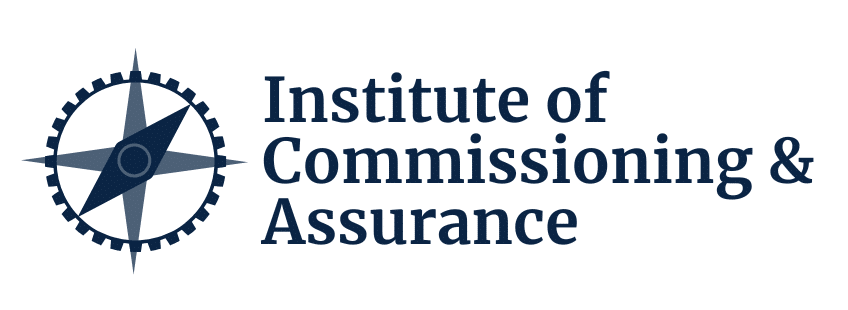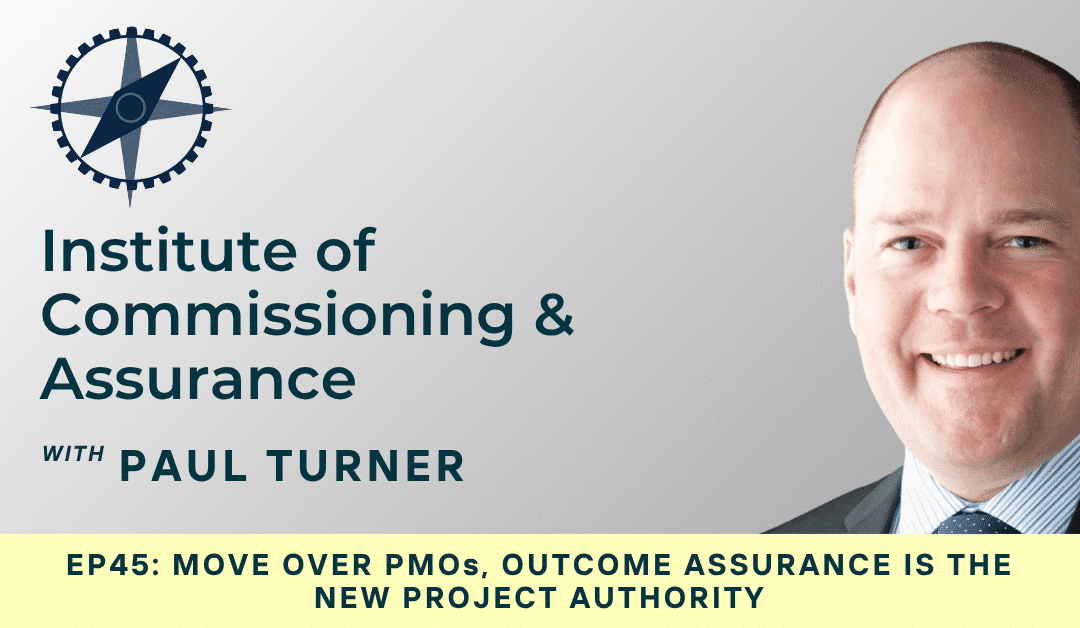Welcome to the Deep Dive, where we cut through the noise to deliver real insights. Today, we’re tackling a critical issue: nine out of ten major capital projects fail to meet their performance, schedule, or budget targets. Despite decades of sophisticated project management, this statistic is shocking. Project Management Offices (PMOs) excel at tracking budgets, managing timelines, and coordinating tasks—keeping the trains running on time, so to speak. However, projects don’t typically fail at the finish line; they falter much earlier, during the planning stage. The core issue lies in a lack of clear focus on the desired outcome—what the project is ultimately supposed to achieve. While PMOs master the process, they often lack the deep operational insight needed to define and deliver the final result.
This brings us to the concept of outcome assurance, an emerging approach that flips the traditional model. Instead of focusing on managing activities and ticking boxes, outcome assurance prioritizes guaranteeing the end state—ensuring the project delivers its intended result, not just its outputs. This shift reframes project leadership, emphasizing operational success over mere task completion. Outcome assurance relies on the ICR framework: Integration, Commissioning, and Operational Readiness. Integration ensures all systems—mechanical, electrical, control, and software—function together seamlessly, tested as a whole, not in isolation. Commissioning goes beyond flipping a switch; it stress-tests systems under real-world conditions to verify performance. Operational Readiness focuses on the long game, ensuring people are trained, procedures are in place, and maintenance plans are ready to sustain performance after the project team departs.
Surprisingly, the leaders driving outcome assurance aren’t traditional PMOs but commissioning professionals. These individuals, often at the forefront when systems go live, possess unique practical wisdom from seeing where plans meet reality. They understand the gap between blueprints and operational success, having witnessed firsthand what should have been done earlier to prevent failures. This demands a leadership style rooted in deep systems understanding, human factors, and long-term sustainability—not just administrative oversight. Implementing outcome assurance starts early, embedding outcome-based requirements into design specs, contracts, and construction plans. It involves sequencing work to prioritize integration and testing throughout, not just at the end, and building operator training and asset management into the main plan from day one.
This shift challenges the traditional PMO structure. To stay relevant, PMOs must integrate outcome assurance into their governance model, empowering commissioning leaders as outcome authorities. These leaders, with their hands-on experience, are best positioned to define the end state and reverse-engineer the path to get there. Outcome assurance is more than a process change; it’s a leadership philosophy that demands deep systems thinking, life-cycle alignment, human readiness, and bold ownership of the final result. The Institute of Commissioning and Assurance (ICXA) is working to professionalize this approach, offering certifications and resources to help companies embed outcome assurance into their projects.
This deep dive reveals a fundamental shift in project management, moving from a focus on outputs and milestones to starting with the end in mind—defining operational success first. Commissioning leaders, with their practical experience, are emerging as architects of this outcome-driven approach. This mindset extends beyond billion-dollar plants. Consider how focusing on desired outcomes, rather than just tasks, could transform your personal projects, team goals, or weekly plans. What early actions could you take to reverse-engineer your desired result? To learn more about outcome assurance and access commissioning standards, training, and certifications, visit icxa.net and become a member of the Industrial Commissioning Association.


Recent Comments